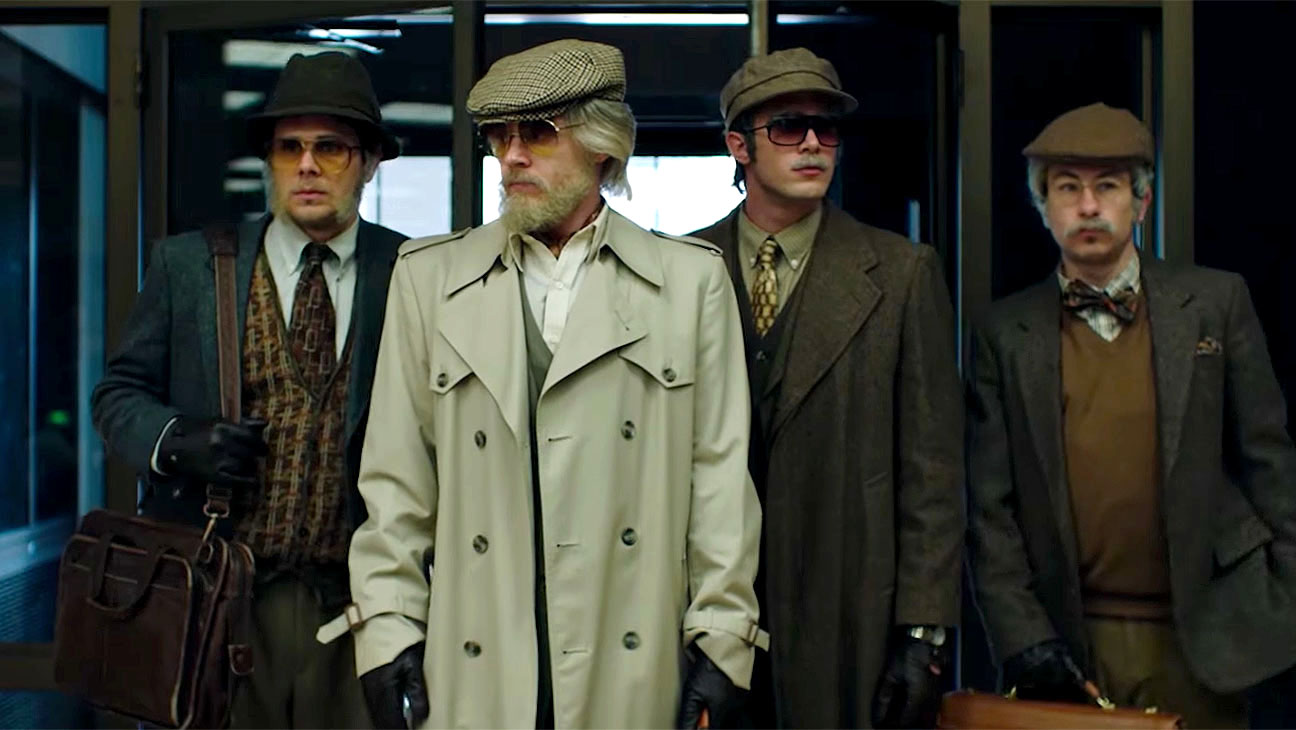Film Review: American Animals
Genre-Bending Crime Thriller Incorporates Documentary Techniques In Its True(?)-Life Narrative

Latest Article|September 3, 2020|Free
::Making Grown Men Cry Since 1992
